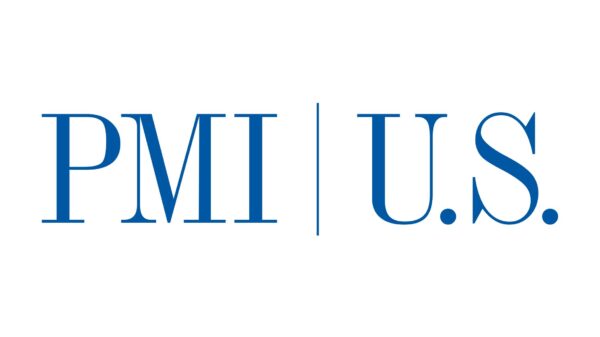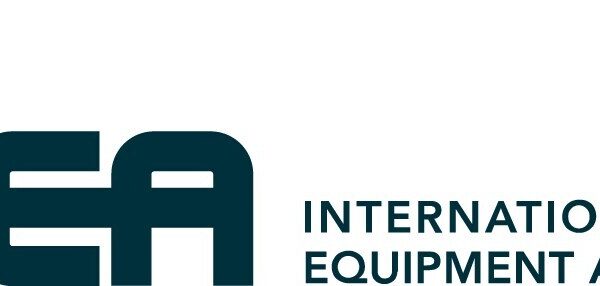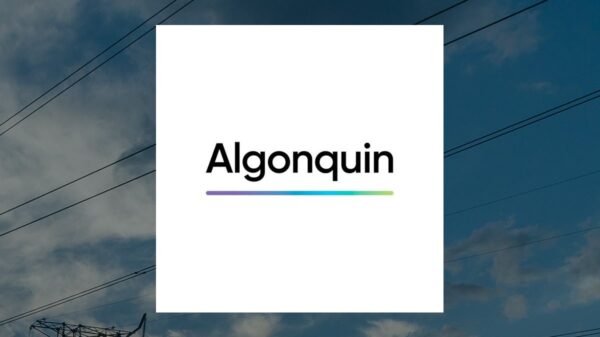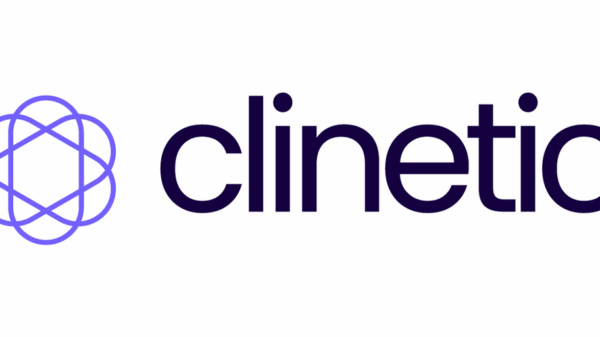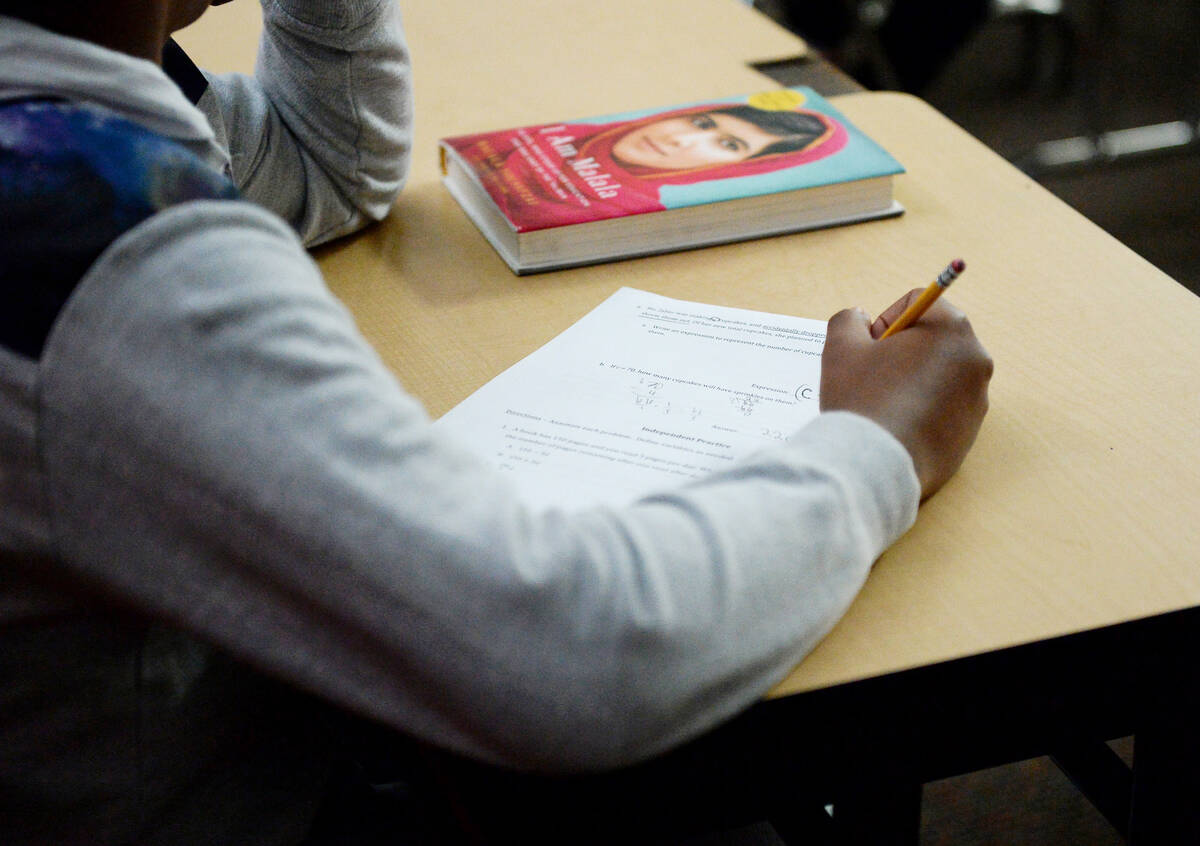The implementation of “equitable grading” practices in the Clark County School District has faced significant backlash from educators, according to a recent survey. Findings from the Thomas B. Fordham Institute indicate that a majority of teachers do not endorse the grading reforms introduced in recent years, which aim to promote equity in educational outcomes.
Initiated in 2021, the reforms included policies such as unlimited test retakes and a minimum score of 50 on assignments, regardless of whether students completed the work. These changes were intended to create more equitable outcomes, but many educators argue that they have led to lowered academic standards.
In the aftermath of these reforms, teachers have reported that students have exploited the system, leading to concerns about academic integrity and motivation. District officials have since moderated some of the policies in response to educators’ complaints.
Teachers Express Concerns Over Grading Policies
The survey conducted by the Thomas B. Fordham Institute revealed that many teachers are skeptical of the equitable grading reforms. Only a slim majority supported the idea of unlimited test retakes, while the controversial minimum “F” policy received widespread disapproval. According to the survey, over half of U.S. school districts have adopted at least one form of equitable grading reform, raising questions about its overall effectiveness.
Researchers noted, “Teachers don’t like it when the powers that be take a sledgehammer to their few sources of leverage over student motivation and effort.” They further emphasized that the arguments supporting these reforms often reflect a troubling trend toward lowering expectations for students.
Interviews with classroom teachers highlighted the concerns surrounding equitable grading. One educator remarked, “Equity grading is not leveling the playing field. It is simply lowering standards so that school districts look like they are meeting kids where they are.” Another teacher pointed out the inherent flaws in policies that provide half-credit for incomplete assignments, calling it a disservice to students.
Reform Implications for Student Outcomes
As discussions continue about the future of grading practices in education, the implications of these reforms remain a focal point. Teachers express a desire for accountability measures that genuinely motivate students rather than simply adjusting grades to mask poor performance.
The ongoing debate about equitable grading underscores the need for a balanced approach that maintains educational standards while addressing disparities in student achievement. As districts evaluate the effectiveness of their grading policies, the insights from educators will play a crucial role in shaping future reforms.
Overall, the growing discontent among teachers regarding equitable grading points to a broader conversation about educational equity, accountability, and the expectations placed on students in the evolving landscape of education.












